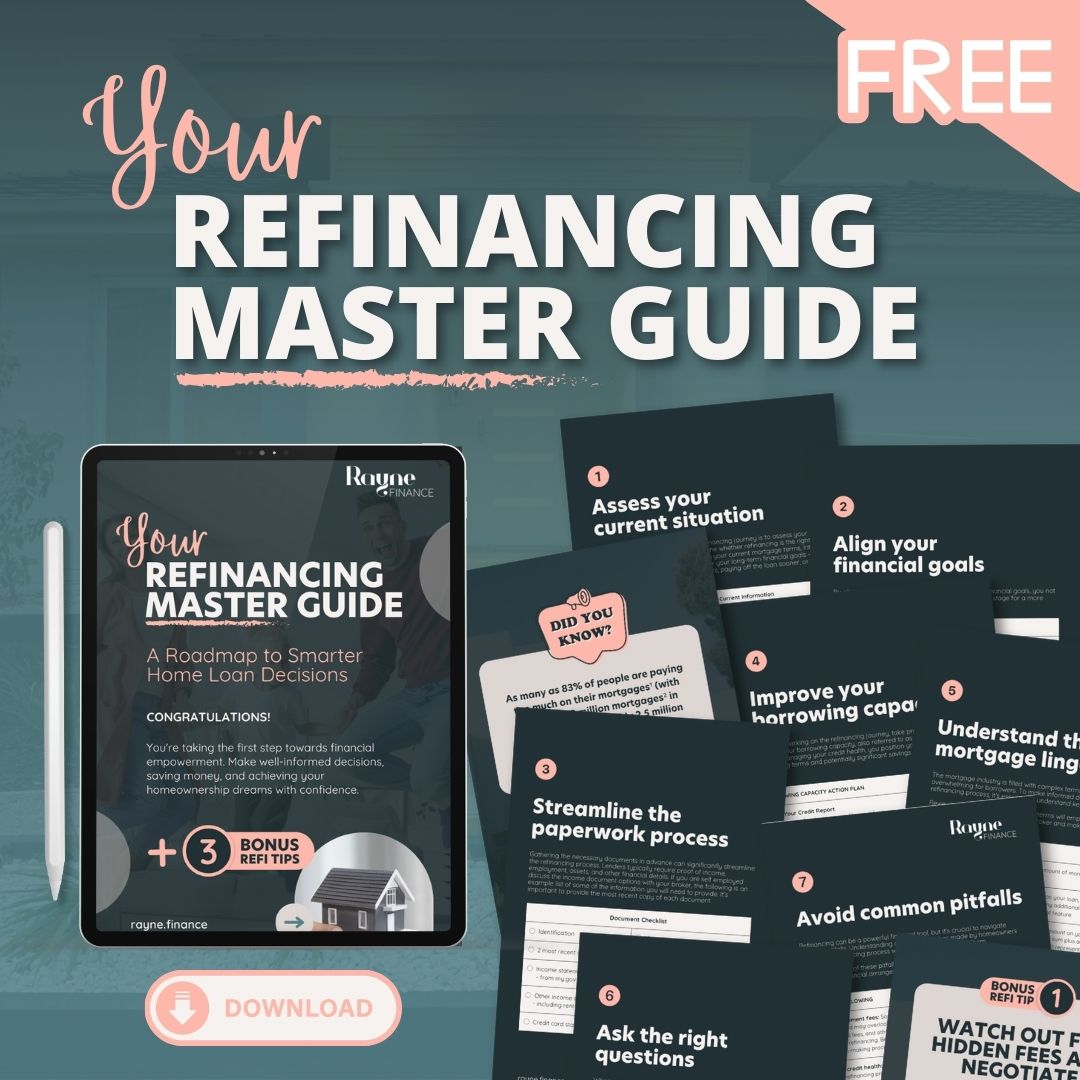Do you feel like your debt is slowly taking over your life? It’s time to flip the script. Too many people let their debt sit in the background, creeping into their finances and controlling their future without ever taking charge.
But here’s the truth: Debt doesn’t have to be a life sentence. In fact, when you take control, you can transform your financial situation, reduce stress, and start building a stable, empowered future.
If you’ve ever felt overwhelmed by multiple high-interest debts or unsure of where to start, you’re not alone. The good news is, you can take control today. And we’re here to show you exactly how.
Why You Need to Take Control of Your Debt NOW
Debt isn’t just a passive issue that you can ignore. It piles up over time and starts dictating your life. Whether it’s credit cards, personal loans, or other high-interest debts, it’s easy to feel trapped. Here’s how debt can affect your financial freedom:
- High interest rates make it harder to pay off your balance.
- Missed payments lead to penalties and damaged credit scores.
- Feeling stuck in a cycle of minimum payments without seeing progress.
But it doesn’t have to be this way. You can take charge by developing a strategy that works for your unique financial situation, focusing on paying down the highest-interest debts first, or considering consolidation or refinancing options. The key is starting now—before it spirals further.
Steps to Take Control of Your Debt
The first step is understanding your debt. The more you know, the more empowered you’ll be. Here’s how you can start:
Assess Your Current Situation
Look at all your debts. Write them down, and list their interest rates, monthly payments, and total amounts. It’s important to face the numbers, as overwhelming as that may seem at first. This will give you clarity on your financial position.
Create a Payment Strategy
Consider focusing on high-interest debts first—like credit cards—while making minimum payments on the others. This can save you money over time. Another option is consolidating your debts into one lower-interest loan to make payments more manageable.
Refinancing and Consolidation Options
Refinancing or debt consolidation can lower your interest rates, saving you money. If you’re a homeowner, refinancing your mortgage could be a great option, as it allows you to roll your high-interest debt into a lower-interest home loan.
Build Your Financial Health
While working to pay off your debt, it’s important to set up good financial habits. Budgeting, saving, and building an emergency fund are crucial steps that support long-term stability.
Mindset and Motivation
Staying motivated can be tough, especially when it feels like the numbers aren’t moving quickly enough. But remember, every step you take is progress. Think of the end goal: a life free from stress caused by debt.
How a Broker Can Help
Navigating debt can be tricky, especially if you’re unsure of the best approach or which options are available. That’s where a broker comes in. Brokers help you assess your financial situation, compare different refinancing and consolidation options, and find the best deals that suit your needs.
They work for YOU—not the lenders—and can make sure you’re not paying higher rates than you should be. Working with a broker can save you time, energy, and money, which allows you to focus on what matters: getting your finances back on track.
Ready to Take Action?
The first step to regaining control is understanding where you stand. Once you know that, you can create a plan and take action. It’s time to stop letting your debt control your life, and start working towards financial freedom.
To help you get started, we’ve put together a comprehensive Debt Reset Master Guide that will walk you through every step of the process. Whether you’re looking to refinance, consolidate, or simply get more clarity on your options, this guide is a valuable resource.
👉 Download the Debt Reset Master Guide here and take the first step towards mastering your debt today!
Final Thoughts: Take Control and Empower Your Future
Owning your debt before it owns you isn’t just about paying bills. It’s about taking action, empowering yourself, and building a future where you’re in control of your financial decisions. With the right strategy, mindset, and resources, you can create the financial freedom you deserve.
Don’t let debt define your future. Take control, act now, and reset your financial trajectory.
Licensing statement: Rayne Finance ABN [70 605 100 838] is authorised under LMG Broker Services Pty Ltd Australian Credit Licence 517192. Disclaimer: (1) As with any financial scenario there are risks involved. This information provides an overview or summary only and it should not be considered a comprehensive analysis. You should, before acting in reliance upon this information, seek independent professional lending or taxation advice as appropriate and specific to your objectives, financial circumstances or needs. This publication is provided on the terms and understanding that: (2) LMG Broker Services Pty Ltd, Rayne Finance (Seed Lending Pty Ltd) and the authors, consultants and editors are not responsible for the results of any actions taken on the basis of information in this publication, nor for any error in or omission from this publication. (3) LMG Broker Services Pty Ltd, Rayne Finance (Seed Lending Pty Ltd) and the authors, consultants and editors, expressly disclaim all and any liability and responsibility to the maximum extent permitted by the law to any person, whether a purchaser or reader of this publication or not, in respect of anything, and of the consequences of anything, done or omitted to be done by any such person in reliance, whether wholly or partially, upon the whole or any part of the contents of this publication.
Explore other FAQs and Facts
How much do you need for a home deposit?
Buying a property but don’t have the deposit in cash right away? There may be an alternative worth considering. In some situations, buyers can provide a guarantee instead of upfront funds. It’s a tool that can offer flexibility without compromising the seller’s confidence, but how does it actually work?
What are deposit bonds and how do they work?
Buying a property but don’t have the deposit in cash right away? There may be an alternative worth considering. In some situations, buyers can provide a guarantee instead of upfront funds. It’s a tool that can offer flexibility without compromising the seller’s confidence, but how does it actually work?
Understanding conditional loan approval
Thinking about buying a property? You’ve probably heard the term “conditional approval” thrown around but what does it actually mean, and how does it differ from unconditional approval? Understanding the difference can help you feel more confident, better prepared, and avoid surprises as you move through the home loan process.
How to use equity to purchase property
Equity in your home can open doors to new financial opportunities, including property investment, renovations, or debt consolidation. It’s about understanding what you’ve built up—and how to use it wisely. With the right guidance, equity can help you move forward with confidence, but it’s important to weigh the benefits and risks.
What are low-doc loans and who are they for?
Low-doc loans offer a solution for self-employed borrowers who lack traditional financial documents like payslips or tax returns. Instead, lenders assess income using BAS, bank statements, or accountant declarations. While these loans provide flexibility, they often require higher deposits and carry stricter conditions, making them best suited for specific borrower situations.
Home loan redraw facilities explained
A home loan redraw facility lets you access extra repayments you’ve made on your mortgage, helping to lower interest while offering flexibility if you need funds later. It differs from an offset account in accessibility and structure, with pros and cons depending on your spending habits and how easily you need to access savings.
Help to Buy scheme and changes to how lenders consider student debt
More Australians could soon enter the property market with just a 2% deposit, thanks to the expanded Help to Buy scheme. Meanwhile, new lending guidance means student debt will now be treated more flexibly, helping younger buyers. These changes aim to make homeownership more accessible for low- and middle-income earners.
What the federal budget means for buying property
The 2025 federal budget introduces key measures affecting home buyers, including an expanded Help to Buy scheme, increased infrastructure investment, and incentives to grow the construction workforce. Foreign investors face new restrictions, and funding for prefabricated homes aims to accelerate supply. These changes could significantly reshape Australia’s property market.
Rental growth slows as affordability is stretched
Rental growth slowed in 2024, despite the national median rent rising 4.8% for the year. Affordability pressures led renters to form larger households, easing demand. Meanwhile, increased investor activity added supply, lifting vacancy rates slightly to 1.9%. Still, with rents rising and vacancies low, many investors remain in a strong position.
Is the property downturn already over?
Australia’s property market rebounded swiftly in early 2025, reversing December’s brief price decline. Growing expectations of interest rate cuts have boosted confidence, while constrained housing supply continues to drive long-term price growth. With construction delays and undersupply persisting, the market’s dynamics are shifting toward sustained appreciation, rather than traditional boom-and-bust cycles.














